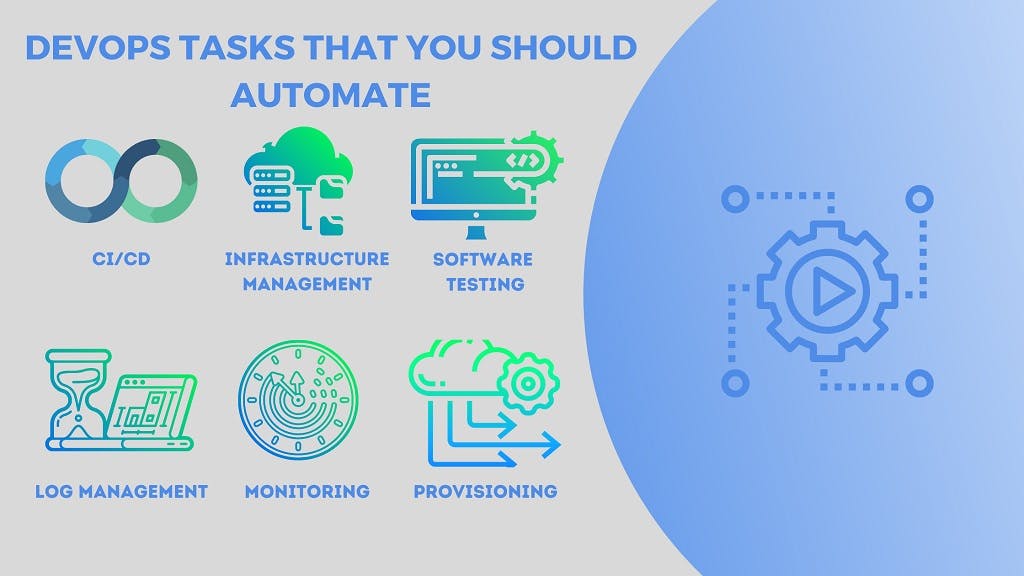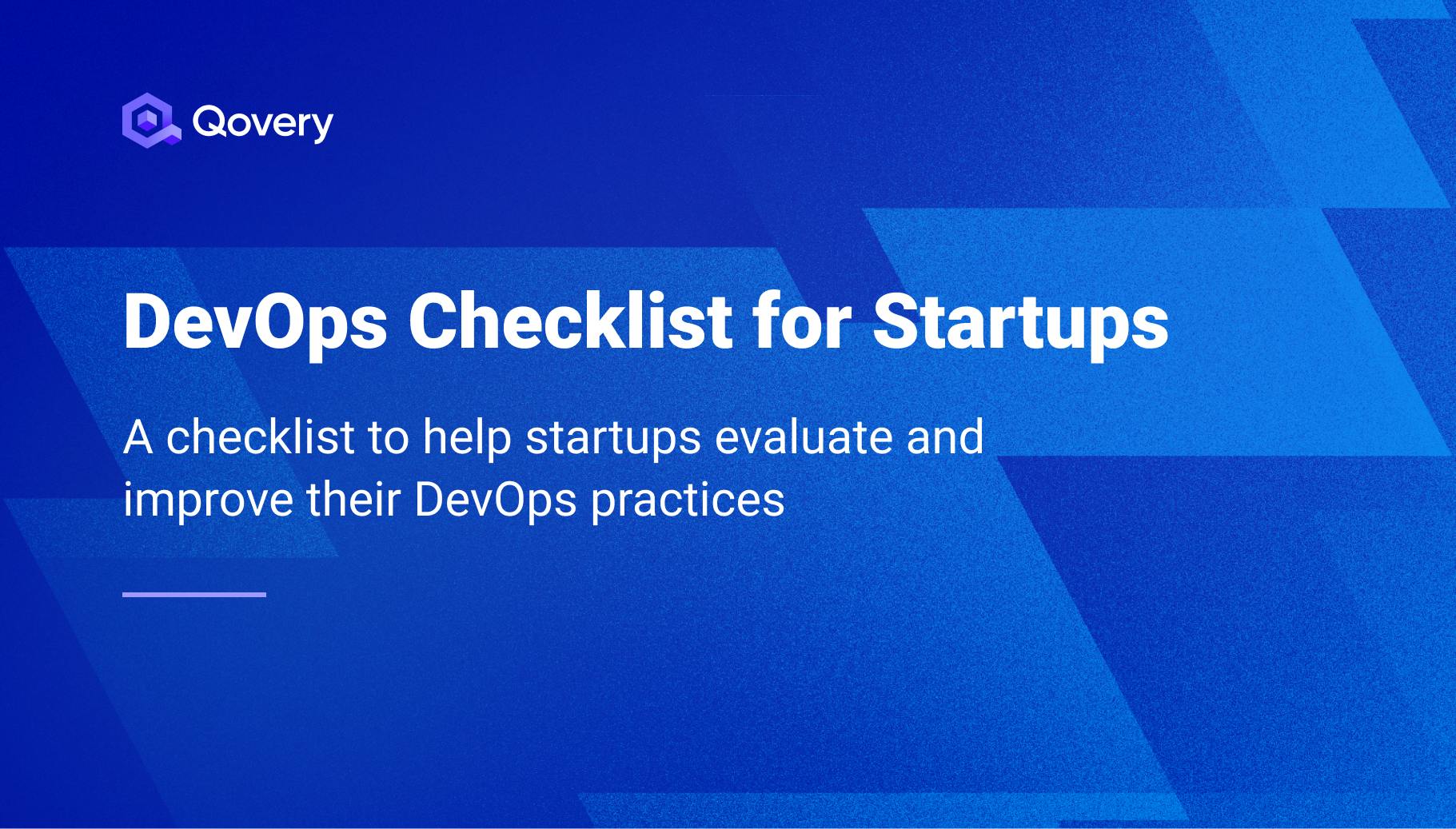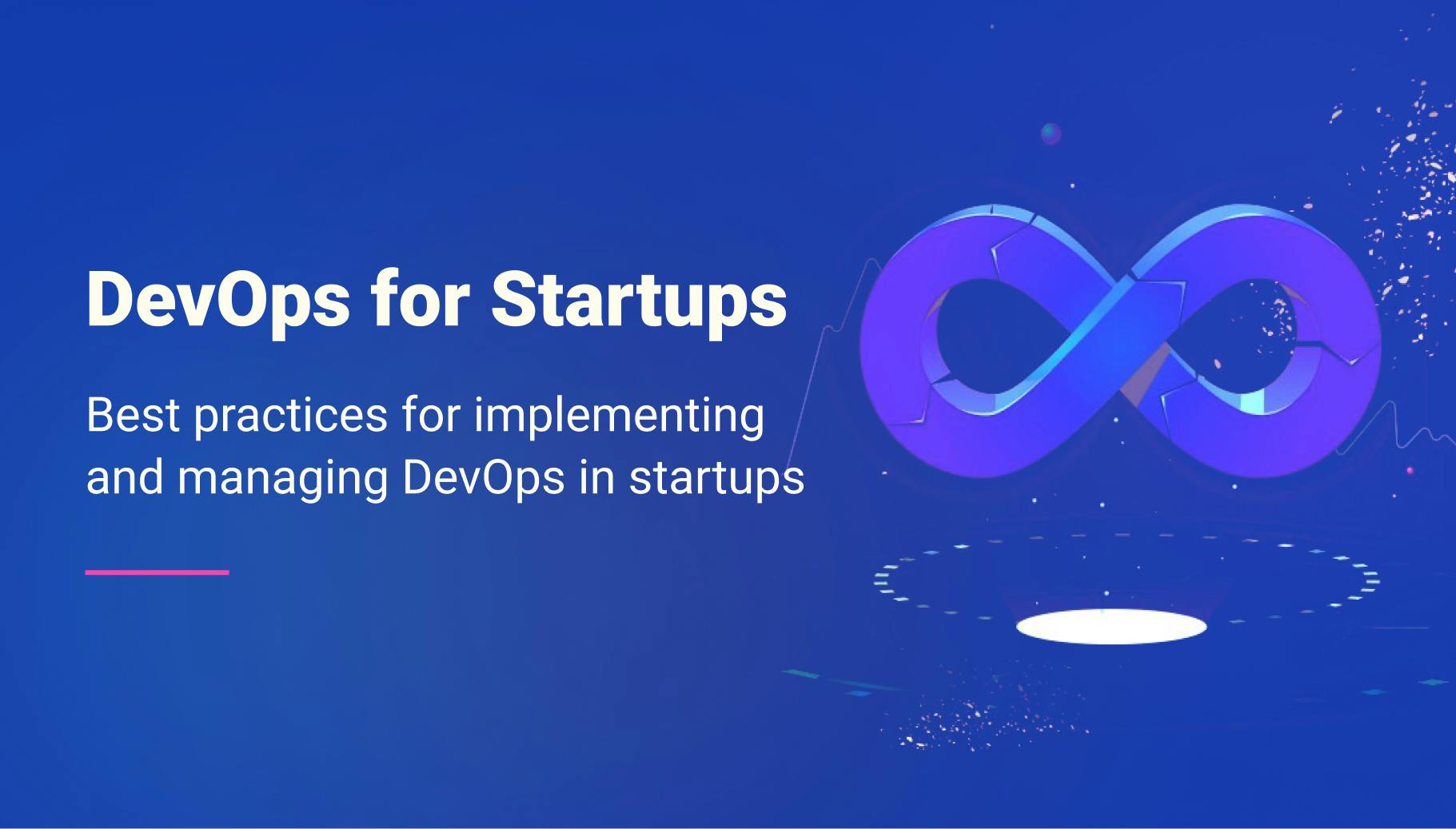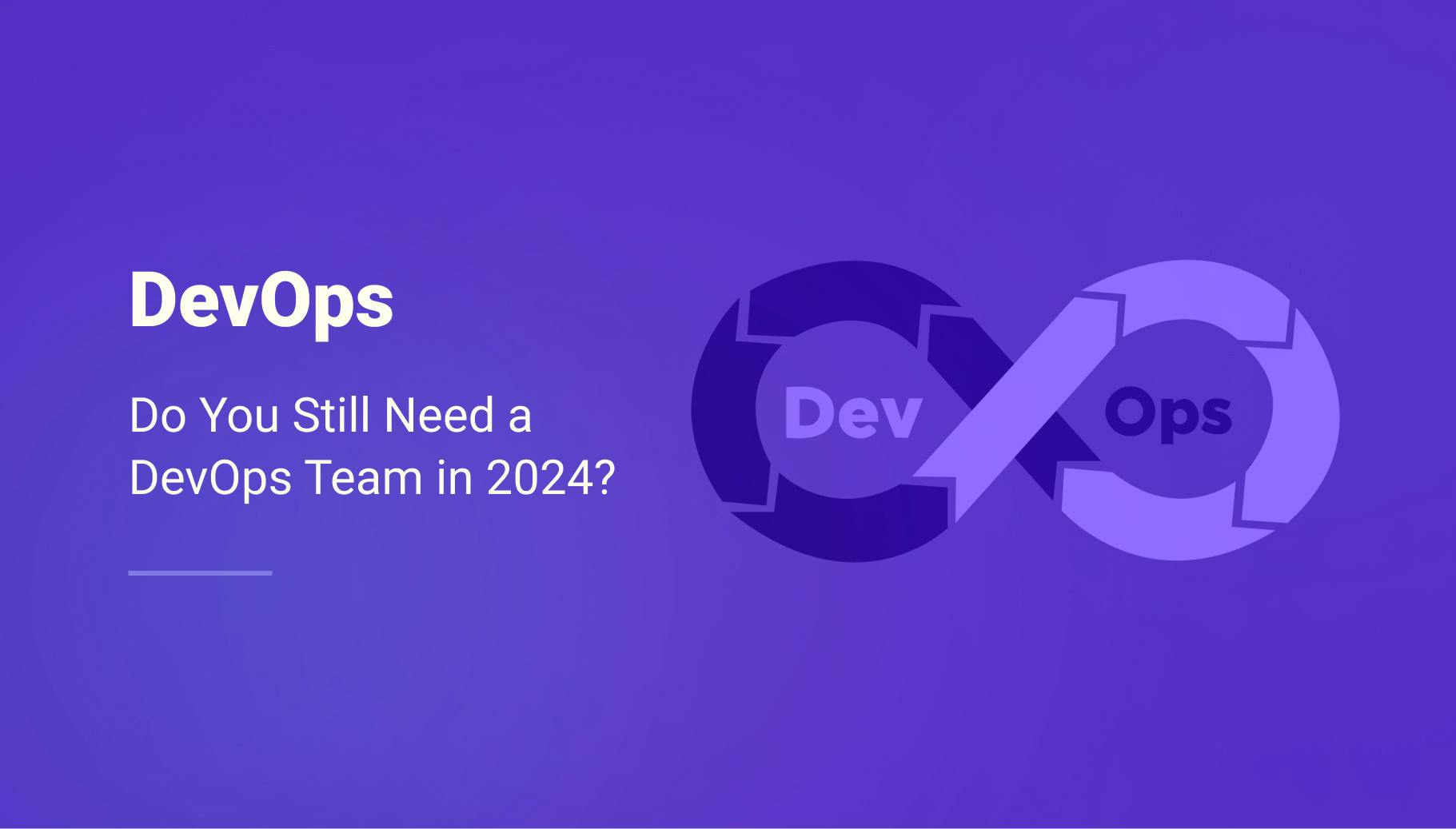DevOps Automation: What is it and How to apply it?
DevOps automation is essential for businesses aiming to accelerate software delivery, improve quality, and enhance operational efficiency. By automating repetitive tasks and integrating tools across the development and operations lifecycle, organizations can achieve significant gains in productivity and agility. So let's discuss DevOps automation in detail, exploring its benefits, tools, processes, best practices, and commonly asked questions. By the end, you will be well-equipped to optimize your DevOps adoption strategy.

Morgan Perry
August 7, 2024 · 8 min read
Let’s begin by understanding the concept of DevOps automation.
#What is DevOps automation?
DevOps Automation is the practice of leveraging technology to streamline and optimize the software development and delivery lifecycle. By automating repetitive tasks and processes, DevOps teams can significantly enhance efficiency, reduce errors, and accelerate time-to-market. The ultimate goal of DevOps automation is to create a seamless and continuous flow from code development to production deployment.
#Core components of DevOps automation
DevOps automation is actually a combination of technology, processes, and feedback loops.
1. Technology:
- CI/CD Tools: Automated building, testing, and deployment pipelines.
- Configuration Management Tools: Managing infrastructure as code.
- Monitoring and Logging Tools: Real-time visibility into system performance and troubleshooting.
- Containerization and Orchestration: Packaging applications and managing their lifecycle.
- Cloud Platforms: Providing scalable and flexible infrastructure.
2. Processes:
- Continuous Integration (CI): Frequent code integration and testing.
- Continuous Delivery (CD): Automated deployment to various environments.
- Infrastructure as Code (IaC): Treating infrastructure as code for version control and automation.
- DevOps Culture: Promoting collaboration and shared responsibility.
3. Feedback Loops:
- Continuous Monitoring: Gathering data on system performance and user feedback.
- Continuous Improvement: Using feedback to refine processes and tools.
#Why DevOps automation is crucial for startups?
Startups operate in a fast-paced environment where speed, efficiency, and quality are paramount. DevOps automation is essential for success by automating tasks and integrating development and operations teams. Key factors driving the need for DevOps automation include:
Enhanced Collaboration
DevOps automation improves collaboration between development and operations teams, ensuring alignment and efficient communication, which accelerates problem-solving and innovation.
Increased Productivity
Automation streamlines repetitive tasks, allowing teams to focus on higher-value activities. Automating builds, testing, deployments, and infrastructure provisioning boosts productivity and accelerates development cycles.
Consistency and Reliability
Automation standardizes processes and configurations, reducing errors and inconsistencies. Automated testing and deployment pipelines help identify and address issues early, leading to more reliable software releases.
Faster Time-to-Market
DevOps automation speeds up the software delivery pipeline by automating build, test, and deployment processes. This allows startups to respond quickly to market changes, gain a competitive edge, and deliver value faster.
Cost Reduction
Automation minimizes human error, optimizes resource utilization, and streamlines processes, reducing operational costs. Automating infrastructure provisioning and management helps avoid unnecessary expenses and prevent costly downtime by proactively resolving issues.
#Key DevOps automation practices and tools
DevOps automation enhances the software development lifecycle with various practices and tools:
- CI/CD: Automates code integration and deployment.
- Key tools: Github Actions, GitLab CI, CircleCI. - Infrastructure as Code (IaC): Manages infrastructure through code for consistency.
- Key tools: Terraform, Pulumi, Spacelift. - Containerization and Orchestration: Ensures consistent environments and automates app management.
- Key tools: Docker, Kubernetes. - Automated Testing: Ensures code quality with automated tests.
- Key tools: Selenium, JUnit, TestNG. - Monitoring and Logging: Provides real-time system insights.
- Key tools: New Relic, Datadog, Prometheus, Grafana. - Cloud Platforms: offers scalable infrastructure services.
- Key platforms: AWS, Azure, Google Cloud, or an all-in-one DevOps automation platform like Qovery.
Read more about our recent article Top 18 DevOps Tools for Startups which lists essential tools for a robust DevOps pipeline.
#Critical features of DevOps automation
To achieve the previously mentioned benefits, DevOps automation solutions must incorporate several critical features:
#Scalability and Flexibility
DevOps automation should empower organizations to adapt to changing demands by dynamically scaling applications and infrastructure. This flexibility ensures optimal resource utilization and prevents bottlenecks.
#Self-Service Infrastructure
By providing development teams with self-service capabilities, DevOps automation accelerates development cycles and reduces dependency on operations teams. This results in a culture of ownership and autonomy.
#Continuous Feedback Loops
Effective DevOps automation involves establishing robust feedback mechanisms between development and operations. This enables rapid issue identification, resolution, and continuous improvement.
#Robust Security and Compliance
Security and compliance are paramount in DevOps. Automation should incorporate automated security testing, vulnerability assessments, and adherence to industry standards.
#Data Validation and Integrity
Maintaining data integrity is crucial for accurate decision-making. DevOps automation should include automated data validation processes to ensure data consistency and reliability.
#Audit and Traceability
Comprehensive audit trails and traceability are essential for compliance and troubleshooting. Automation should generate detailed logs of all processes and changes.
#Automated Recovery and Rollbacks
To mitigate risks, DevOps automation should include automated recovery and rollback mechanisms to quickly restore systems to stable states.
#Integration and Compatibility
Seamless integration with existing tools and systems is vital for a cohesive DevOps pipeline. Automation solutions should prioritize compatibility and interoperability.
#Cost Efficiency and Resource Optimization
DevOps automation should focus on optimizing resource utilization and reducing costs through intelligent automation and demand-based scaling.
#User-Friendly Interfaces and Dashboards
Intuitive dashboards and interfaces provide valuable insights into system performance and automation workflows, empowering teams to make informed decisions.

#7 common questions about DevOps automation
#"Can everything be automated?"
While automation offers significant benefits, complete automation is often impractical. Certain tasks require human judgment or creativity. Focus on automating repetitive, time-consuming processes while maintaining human oversight for complex decisions.
#"Do you need a dedicated automation engineer?"
While a dedicated automation engineer can be valuable, cross-functional teams with automation skills are often more effective. This approach encourages collaboration and ensures a holistic understanding of the development and operations processes.
#"Specialized tools for DevOps automation?
Essential tools include continuous integration/continuous delivery (CI/CD) platforms (Ghitub Actions, GitLab CI/CD...), container orchestration (Kubernetes, Docker...), and Infrastructure as Code (IaC) and monitoring solutions. Nice-to-haves might include solutions like Secret management (Doppler, Infisical), Collaboration/Communication (Linear), and Security (Snyk) tools. But if you’re looking for a platform that automates all these tasks (including the most complex ones), you can opt for a DevOps automation solution like Qovery.
#"Consequences of Not Adopting DevOps Automation?"
Without DevOps automation, organizations risk slower time-to-market, increased error rates, and lower employee morale due to repetitive tasks. Additionally, they may struggle to scale operations and compete effectively in the market.
#"How Do You Measure the Success of DevOps Automation?"
Key performance indicators (KPIs) like deployment frequency, lead time for changes, and mean time to recovery (MTTR) can gauge automation success. Monitor these metrics to assess the impact of automation efforts and identify areas for improvement.
#"What Are the Best Practices for Transitioning to Automated Processes?"
Start with small, achievable automation projects to build momentum and confidence. Provide comprehensive training to equip staff with the necessary skills. Adopt a culture of continuous improvement and encourage experimentation with new automation tools and techniques.
#"How Does DevOps Automation Impact Security?"
DevOps automation can enhance security by automating vulnerability scans, patching, and compliance checks. However, it's crucial to implement robust security controls throughout the automation pipeline to protect sensitive data and prevent unauthorized access.
#Key processes in DevOps automation
Processes are at the heart of any DevOps automation strategy. Here are some of the core processes for DevOps automation.
Provisioning
Automating infrastructure provisioning with Infrastructure as Code (IaC) revolutionizes how environments are set up. By treating infrastructure as code, organizations can rapidly deploy and manage resources consistently, reducing manual errors and accelerating time-to-market.
Development
Automation accelerates development cycles by automating repetitive tasks. Developers can focus on writing code while tools handle version control, code reviews, and build processes. This leads to innovation and boosts productivity.
Building
Continuous Integration (CI) is the backbone of automated building. By integrating code changes frequently, teams can detect integration issues early, ensuring code quality. Automated builds streamline the process of compiling and packaging code for deployment.
Testing
Automated testing is essential for delivering high-quality software. Comprehensive test suites, including unit, integration, and performance tests, can be executed automatically, providing rapid feedback on code changes. This leads to faster bug detection and increased confidence in deployments.
Release and Deployment
Automation is key to streamlining the release and deployment process. Continuous Delivery (CD) pipelines orchestrate the movement of software from development to production, ensuring consistency and reducing deployment time.
Monitoring and Operation
Automated monitoring tools collect and analyze system metrics, enabling proactive issue detection and resolution. By automating routine operations tasks, teams can focus on optimizing performance and enhancing system reliability.
Governance
Automation plays a crucial role in maintaining compliance and managing changes. Automated compliance checks and configuration management ensure adherence to regulations. Change management processes can be streamlined through automation, reducing risks and improving efficiency.
#How Qovery can help with DevOps automation?
#Why Qovery?
Qovery offers an all-in-one solution for DevOps automation, tailored specifically for startups. It reduces the need for a dedicated DevOps team, significantly lowering costs and increasing efficiency.
#Technical overview
- Infrastructure Provisioning: Qovery automates the setup of environments, including support for Infrastructure as Code (IaC). This saves startups approximately 40-60 hours per month that would otherwise be spent on manual setup and maintenance.
- Deployment and CI/CD: Qovery integrates CI/CD workflows, automating the deployment process with features like automated rollbacks. This leads to faster and more reliable releases, reducing deployment times by up to 80%.
- Scaling and Resource Management: Auto-scaling capabilities ensure that resources are optimally utilized, automatically adjusting to demand without manual intervention. This reduces costs by preventing over-provisioning and ensures performance under varying loads.
- Database Management: Qovery automates database provisioning and backups, streamlining database operations and enhancing data security. This can save startups the equivalent of hiring a dedicated database administrator, reducing costs by thousands of dollars annually.
#Cost Savings and Efficiency Gains
Using Qovery can save startups up to 60% on DevOps costs compared to hiring a full-time DevOps engineer. By automating key processes, Qovery not only reduces costs but also accelerates time-to-market, which is crucial for startup growth and competitiveness.
#Conclusion
Effective DevOps automation is inevitable for organizational success. By streamlining processes, reducing errors, and improving collaboration, businesses can achieve faster time-to-market and higher-quality software. As technology continues to evolve, embracing DevOps automation is crucial for staying competitive. Platforms like Qovery can significantly accelerate your DevOps journey by providing a comprehensive suite of tools for automating infrastructure provisioning, deployment, and management, allowing you to focus on delivering value.
Start a 14-day free trial - no credit card required!
Your Favorite DevOps Automation Platform
Qovery is a DevOps Automation Platform Helping 200+ Organizations To Ship Faster and Eliminate DevOps Hiring Needs
Try it out now!

Your Favorite DevOps Automation Platform
Qovery is a DevOps Automation Platform Helping 200+ Organizations To Ship Faster and Eliminate DevOps Hiring Needs
Try it out now!



